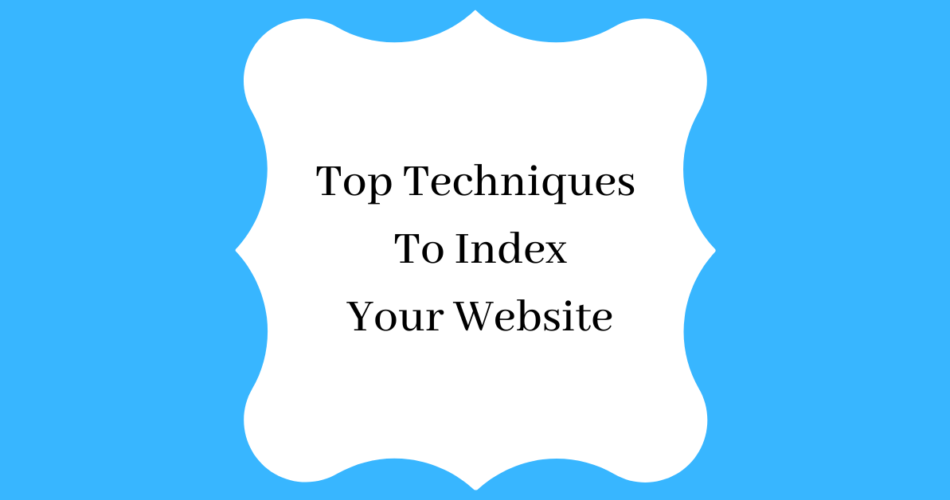Getting your website noticed in the enormous ocean of the internet is like trying to find a needle in a haystack. Search engine indexing plays a pivotal role in this process by making your website visible to users searching for relevant content.
On the other hand, poor indexing might make your website less visible and less effective overall in search engine rankings. Using efficient indexing strategies is crucial to guaranteeing that your website receives the attention it merits.
In this article, we’ll explore some top techniques to guarantee proper indexing of your website and improve its search engine optimization (SEO) performance.
1. Create an XML Sitemap
Making an XML sitemap is a basic step to guarantee that your website is properly indexed. This file facilitates search engines’ crawling and indexing by giving them a path to follow through the pages and content of your website.
To guarantee thorough indexing, include all necessary pages in the sitemap, including those deep within your site’s architecture.
2.Optimize Your Robots.txt File:
Search engine crawlers are guided by the robots.txt file, which tells them which pages to index and crawl and which ones to ignore. Make sure your robots.txt file is set up properly to permit access to pertinent pages while blocking that is sensitive or unnecessary pages.
Regularly review and update this file to accommodate changes in your site’s structure or content.
3. Use proper Meta Tags:
Meta tags, including meta titles and meta descriptions, provide search engines with valuable information about your web pages.
For each page, create a clear and informative meta title and description that includes pertinent keywords to enhance indexing and draw people’ attention in search engine results pages (SERPs). Steer clear of duplicating meta tags on several pages to avoid confusion and guarantee proper indexing.
4. Optimize URL Structure:
A clear and logical URL structure not only enhances user experience but also facilitates search engine indexing.
To make it simpler for search engines to comprehend and index the pages on your website, use descriptive keywords in your URLs that accurately represent the content of each page.
For improved readability and indexing, use hyphens to divide words in URLs and steer clear of long or confusing URLs.
5.Implement Internal Linking:
One way to ensure that all of your pages are discoverable by search engines and to disperse link equity throughout your website is through internal linking.
To create a hierarchical structure and link related pages, include pertinent internal links in your text. Internal linking helps your website’s indexing and exposure by directing search engine crawlers from one page to another.
6. Monitor Crawl Errors:
Regularly monitor your website for crawl errors using tools like Google Search Console or Bing Webmaster Tools.
In order to avoid indexing problems and guarantee that search engines can thoroughly examine and scan the material on your website, take immediate action to fix any crawl mistakes, such as broken links or inaccessible pages.
By keeping an eye on crawl errors, you can find and fix problems before they have a detrimental effect on how well your website performs in search results.
7. Leverage Schema Markup:
By using schema markup on your website, you can provide search engines more context about the material you write, which helps them determine its relevance and significance.
For important aspects like items, events, recipes, and reviews, use structured data markup. Schema markup may improve indexing of your website’s content, increase visibility, and get more clicks by offering rich snippets in search results.
Conclusions:
Proper indexing is essential for maximizing your website’s visibility and performance in search engine results. By implementing the top techniques outlined in this article, you can ensure that your website is effectively crawled, indexed, and ranked by search engines.
Each strategy is essential for improving indexing and bringing in organic traffic to your website, from building XML sitemaps to optimising meta tags and internal linking.
Keep an eye on things and make sure your website is optimized for indexing to stay strong in search engine results and efficiently reach your target audience.


Comments